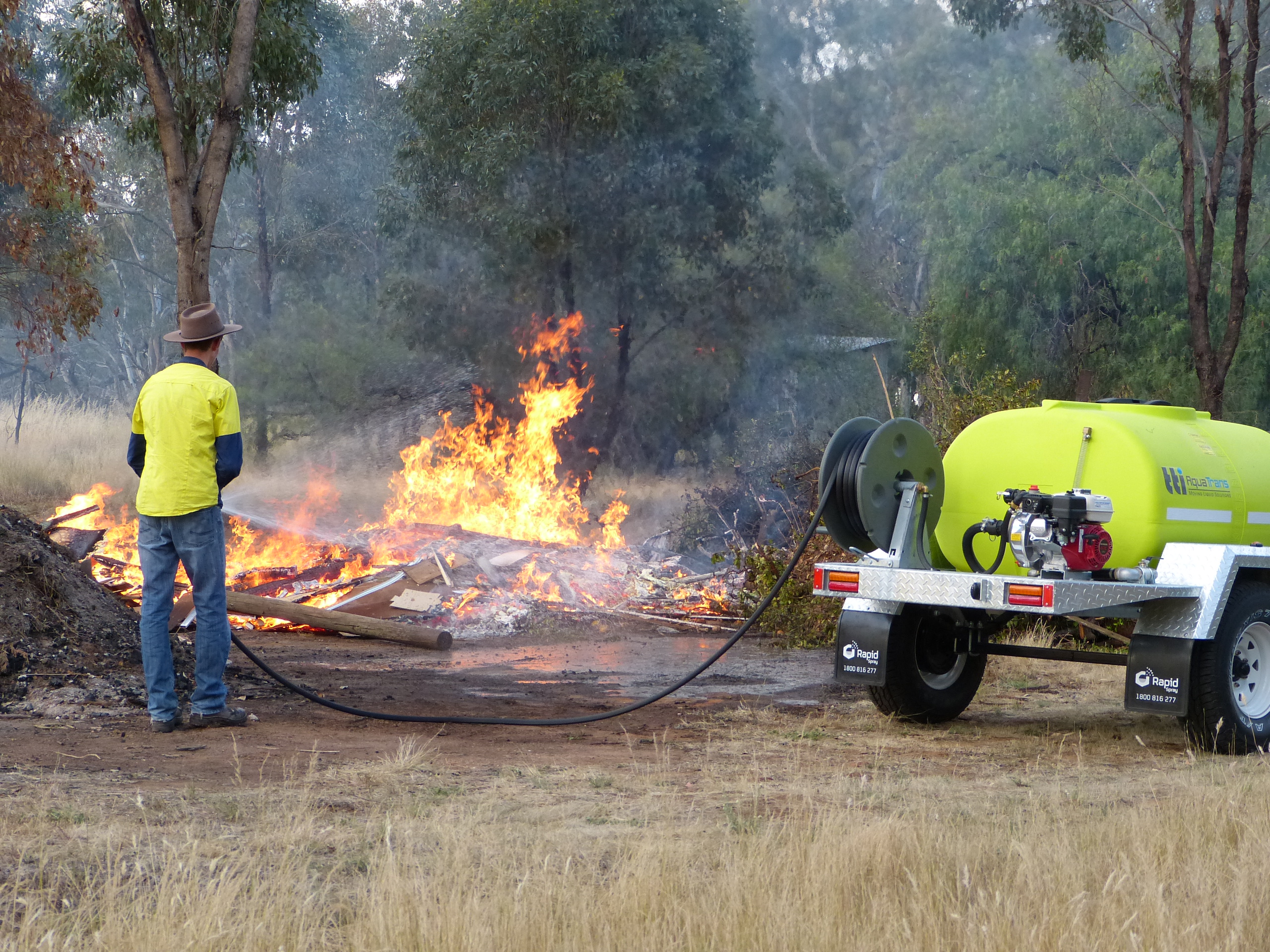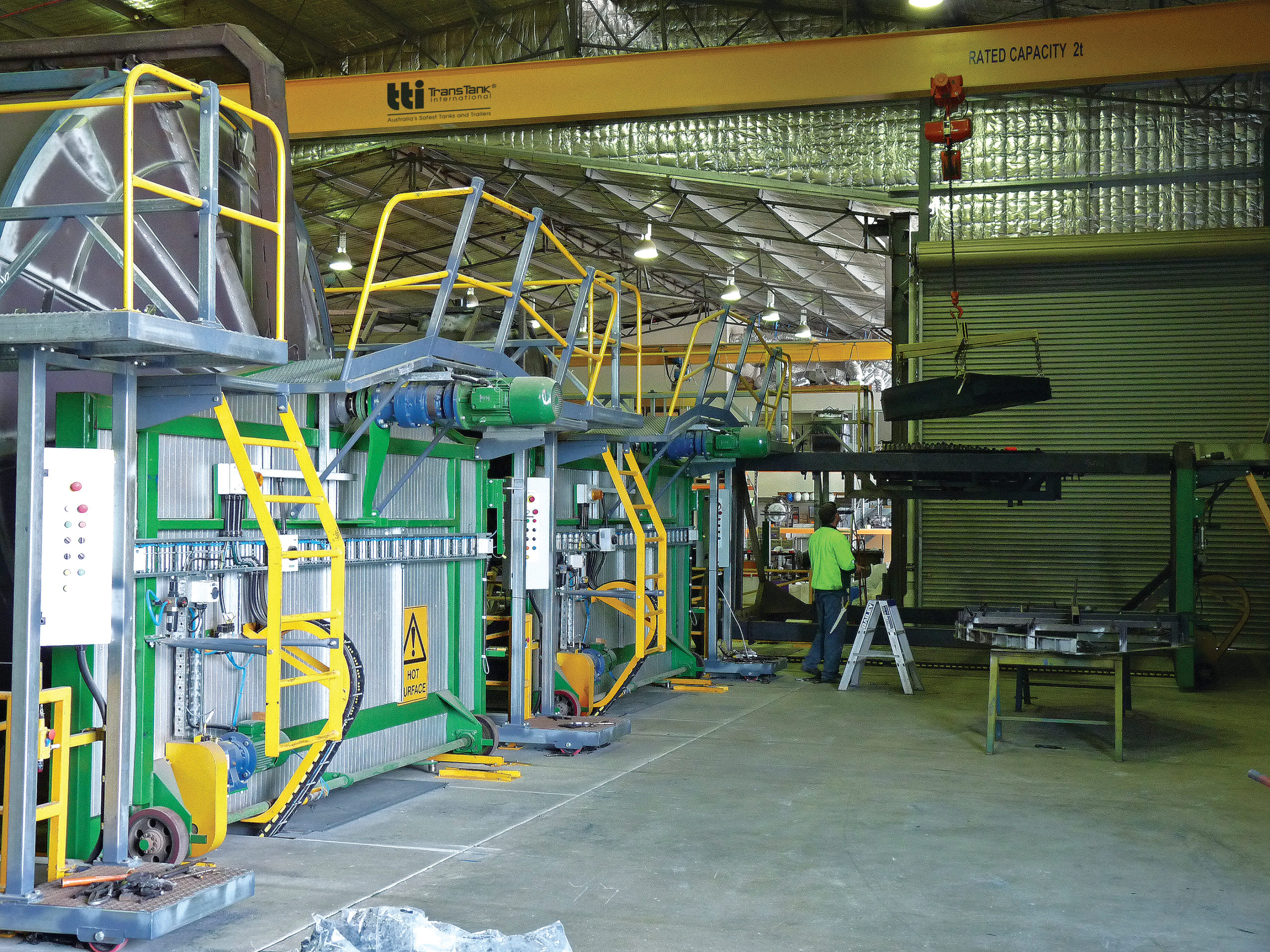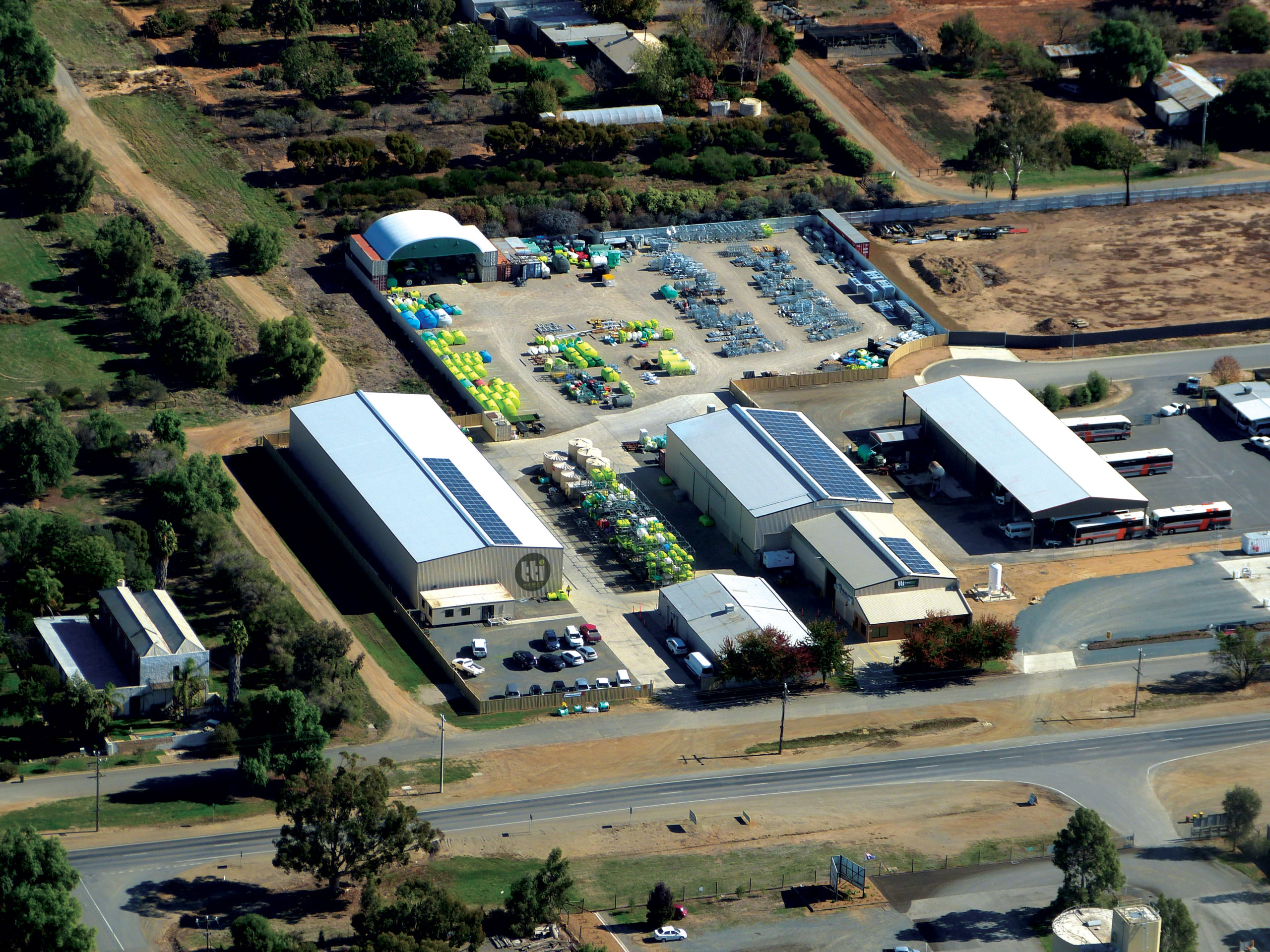
Trans Tank International builds digital bridge to the future, streamlines operations
If business was predictable, running companies would be simpler. But as Ross Buchner notes; “None of us have a crystal ball we can look in, and as a leader in a business one of your greatest fears is what’s tomorrow going to look like?”
Buchner is General Manager of specialist manufacturing business Trans Tank International (TTi) – and many of his customers share the same problem. Who for example, could have foreseen the ferocity and extent of the 2019-20 bushfire season? But when a customer wanted to take delivery of a TTi firefighting unit over the Christmas break to try and save his property from the approaching fires, the company was able to fill the order.
The customer’s property and several neighbouring homes in Gippsland were saved as a result.
Whatever it holds, tomorrow must be tackled – and that calls for resilient systems and processes that can handle unpredictability and meet changing requirements.
A family business founded in 1999, Trans Tank International (TTI) is based in country Victoria, employs around 55 people and manufactures a range of polyethylene tanks designed for diverse agricultural and industrial applications including fire-fighting, spraying and liquids haulage.
While TTI had computer systems – until recently they were being stretched by the changing needs of the business, and ensuring disparate systems were properly integrated was a growing challenge. Users weren’t always able to easily locate the information they needed to do their job, instead having to scour different systems to find relevant data. Also, the system struggled to handle more complex processes or provide easy access to workers who might not always be sitting at a computer.
“We needed a system that we could grow into rather than one that we were constantly stretching the boundaries of,” says Buchner.
“We had to make the decision about whether we spend thousands of dollars building integrations for the existing system or we go for a system that is much more integration friendly.”

Streamline today with trajectory for tomorrow
Dynamics 365 Business Central offered the streamlined integration that TTI sought – and also benefits from a broad ecosystem of apps that Buchner felt would offer any extra flexibility that the business needed. The platform also provides a trajectory for TTI to move into the cloud over time.
Working with Microsoft Gold ERP Partner Fenwick Software, TTI rolled out Dynamics 365 Business Central in nine months, and has so far also deployed a 13 of its Fenwick Gold apps.
As Buchner notes; “In the ideal world we’d have one system that did the end to end of business and Microsoft I believe has as close as anyone’s going to get to having that end-to-end offering. One of the next things to tackle is our phone system. And that’s a question of whether we invest in Microsoft Teams or an alternative. But again, Microsoft does have an offering on the table for that.”
TTI is also about to start using Power BI reporting to analyse data and create actionable insights that can influence and improve the way the company operates.
While the initial deployment of Business Central at TTI is in house, Buchner says that there are plans to transition the business to the cloud in order to support the anytime, anywhere access requirements of a growing proportion of TTI’s employees. Being cloud-based will also ensure that the platform keeps pace with TTI’s own growth which is currently averaging 30-40 per cent year on year.
Buchner does acknowledge that being based in country Victoria poses internet bandwidth challenges for a move to the cloud, but remains optimistic these can be overcome.
The organisation does already leverage Microsoft Azure for some file storage. It also uses the Azure-based Fenwick Gold Graphical Production Scheduler app which handles scheduling, managing and production recording for production. This delivers a visual of the production timeline that can be used by planning teams to identify lines which need production moved around due to production constraints, planned maintenance or line disruptions.

Partnering for progress
Buchner stresses the importance of the give and take in the relationship TTI brokered with Fenwick. “My fear was that we were going to partner with someone who would disregard any of the ways that we had previously done something and just forced the whole business down a route that suited their way of thinking.”
In contrast Fenwick took time to understand TTI, and crafted a solution that respected the way it operated while working with the business to ensure it would benefit from the best practice opportunity that Business Central offered.
The close partnership between TTI and Fenwick has borne fruit for both organisations.
In the past TTI’s MYOB Exonet platform was only partially linked to TTI’s freight system.
Working with TTI Fenwick developed the Ship-It with SmartFreight Fenwick Gold app that is used to identify which freight partners are most cost effective for delivery of specific products.
Buchner explains that the details of every customer order are input to Business Central. When ready to ship a finished product, employees press a single button in Business Central which identifies which of the handful of delivery partners TTI works with is the most cost effective for that order.
“So we’ve got that peace of mind that we are always choosing the right carrier for the right destination. And we’ve seen by having that functionality we’re now spreading our freight across the carriers much more evenly. So for example, small parcels, we’re finding it always going out on TNT, TNT are always beating the other carriers, but in a certain weight and dimension range, MainFreight is always the winner. That functionality is definitely a tangible benefit.”
As a result of the digital transformation Buchner says there is greater visibility into the business from a manufacturing point of view, and operations have been streamlined because different departments are no longer using siloed applications or data.
“The next biggest step in our digital journey is going paperless in as many areas as possible. So we could never have done that with the previous system, but Business Central’s given us a much better foundation to start thinking about that.” It’s exploring, for example how it might be able to use specific apps in order to turn accounts payable into a paperless process.
Buchner is clearly pleased with TTI’s digital transformation which he says is now 60-70 per cent along the journey. He’s also happy to report that the ERP overhaul proved less fraught than it might have been historically.
“There’s all these negative connotations around ERP implementations because of historical experiences, but I think a lot of people fail to recognise the fact that implementation tools alone have come a long way,” and the ecosystem of apps means that it’s possible to tailor solutions to meet specific needs, whatever a business’s crystal ball eventually reveals.














